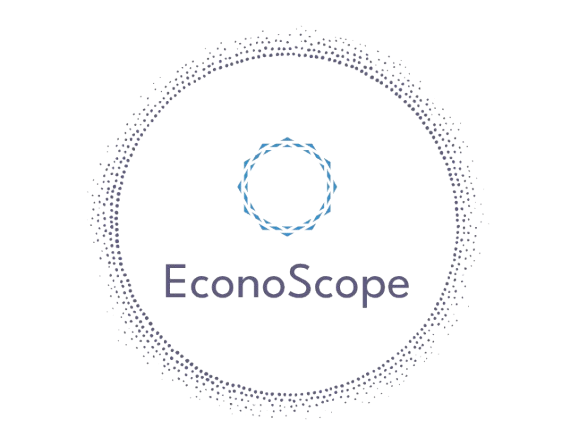Trump’s Tariffs put Private Equity deals on hold
Srichand Myneni
2nd June 2025
Written by Srichand Myneni
Private equity firms are putting a pause on the buying and selling of companies due to growing uncertainty as a result of Donald Trump’s new tariffs. Many in the industry had expected his presidency to lead to more deals However, firms are now more focused on managing the companies they already own.
One executive told the Financial Times that it's become hard to figure out how much companies are worth right now, thus making it risky to do deals. “It’s hard to price things,” they said.”
This change in behaviour is a represents a sizeable shift. Just a short time ago, many private equity groups were under pressure from their investors to start selling older investments (returning profits)and to spend the money they had raised (over $1.2 trillion globally). With interest rates previously high, firms had already been waiting to sell. Many hoped that a new administration would more activity. Instead, Trump’s tariff policies have made things more unpredictable.
Consequently, many firms are stepping back from deal making. “Private equity will go really risk off for a while,” said the head of a large UK firm. A few big deals have still gone ahead, like Silver Lake buying a majority of chip designer, Altera, and KKR purchasing skincare company Karo Healthcare. But others have been delayed or cancelled. British private equity firm 3i, for example, paused its sale of travel company Audley Travel. Final bids for Boeing’s navigation business have also been pushed back, and Apax’s plan to sell insurance company PIB is taking longer than expected.
Even when deals are moving forward, they’re being done more cautiously. For example, a potential sale of homecare brands by consumer goods company Reckitt was expected to bring in between $4 and 5 billion, but at least one private equity bidder lowered their offer to $3–4 billion.
Instead of buying new companies, many private equity firms are working to protect their current investments. At Partners Group, a Swiss investment firm, teams are looking at how U.S.-China tariffs might affect their portfolio companies and are preparing to change supply chains if needed.
Some firms have used other methods to return money to their investors, like borrowing against company values or selling businesses to themselves using special financial tools. But with more pushback from investors, these strategies are being used less.
This cautious shift signals more than just a temporary pause; it reflects how even the biggest financial players are vulnerable to unpredictable global forces. Private equity firms thrive on confidence, stable markets, and the ability to forecast returns. But with tariffs, trade tensions, and recession fears clouding the outlook, many firms are choosing to protect what they already own instead of chasing new opportunities.

